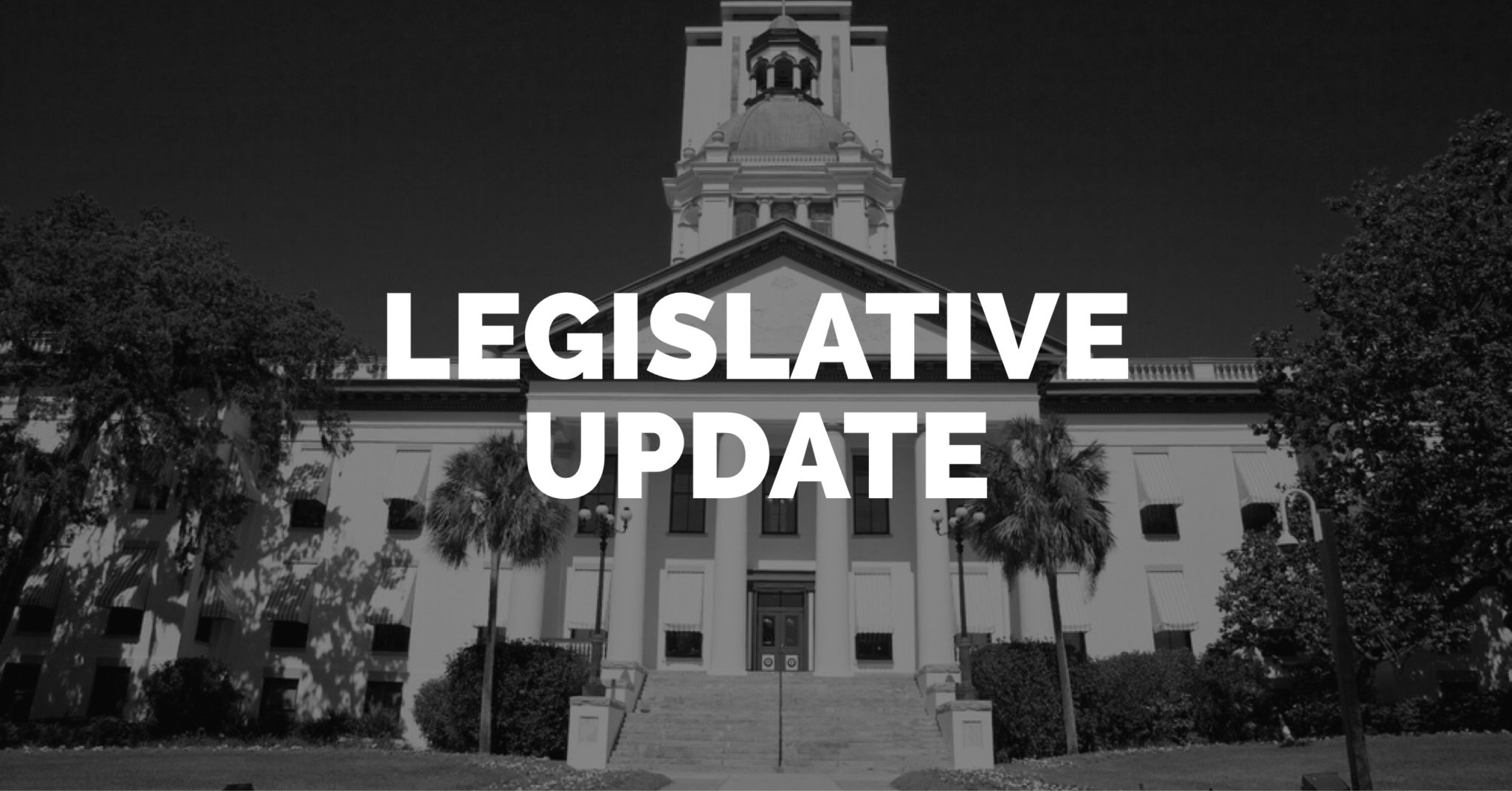Florida recently announced updates to their divorce laws for the year of 2023. The updates aim to address various issues and provide more equitable outcomes for families going through divorce or custody battles. Here is a summary of the key points:
Alimony Reform: Previously, judges had significant discretion in determining the duration and amount of alimony payments. However, new guidelines now provide a formula based on the length of the marriage and the income of both parties involved.
Child Custody: The reforms also introduce changes to the state’s approach to child custody cases. The concept of “time-sharing” has replaced the traditional terms of “custody” and “visitation.” The new law encourages parents to develop parenting plans that outline their roles and responsibilities, with a focus on shared parenting and equal time-sharing arrangements.
Relocation: The updated legislation also impacts cases involving parental relocation. Previously, the parent who wanted to relocate had the burden of proving that the move was in the child’s best interest. Now, the burden has shifted to the non-relocating parent, who must demonstrate that the move is not in the child’s best interest.
Domestic Violence: Reforms include provisions to address domestic violence concerns. It states that judges are now required to consider evidence of domestic violence when making determinations about parental responsibility and time-sharing arrangements.
This is so much information for the average person to take in, which is why you need a Clearwater, FL divorce lawyer to represent your case from The McKinney Law Group. One of the main roles of a lawyer is to provide guidance and counsel to clients throughout the divorce process. They possess an in-depth understanding of divorce laws and regulations, enabling them to navigate the legal landscape with precision and efficiency. By assessing the unique circumstances of each case, a lawyer can provide personalized advice, helping clients make informed decisions about important matters such as child custody, alimony, property division, and more.
Besides their legal expertise, lawyers provide invaluable emotional support to their clients. It’s no secret that going through a divorce is emotionally draining. A compassionate and understanding lawyer understands the emotional toll divorce takes and can offer empathetic guidance, lending a listening ear when needed. By having someone who understands the complexities of divorce law and offers a supportive shoulder to lean on, clients can find solace and strength in their legal representation.
Another critical aspect of a lawyer’s role is to ensure the protection of their clients’ rights and interests. They meticulously review all aspects of the divorce agreement, including financial arrangements, property settlements, and custody agreements, to ensure that their clients’ rights are safeguarded. This thorough examination of the agreement helps identify any potential pitfalls or loopholes that may arise in the future, ensuring a more secure and stable outcome for their clients.
A lawyer is an important resource for individuals and couples undergoing the challenging process of divorce. They provide legal expertise, emotional support, and fight for their clients’ rights, guiding them through the complex legal system and working towards fair and equitable resolutions. If you are thinking about getting a divorce, contact a lawyer for help.

